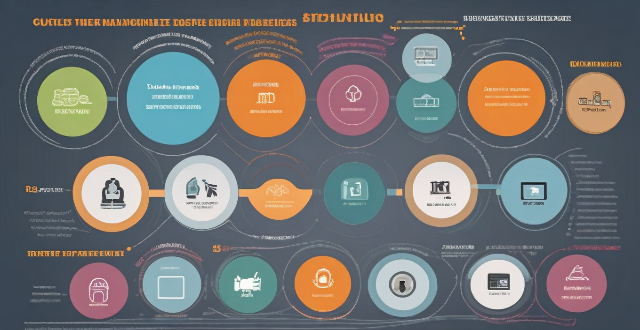Companies employ various direct and indirect methods to collect personal data, which they then use for marketing, product development, enhancing customer experiences, and ensuring security.

Common Ways Companies Collect and Use Personal Data
Companies collect and use personal data in a variety of ways to improve their services, target advertising, and enhance user experiences. Here are some common methods:
Direct Collection
Online Forms
- Registration: When users sign up for accounts or services, they typically provide information like name, email, phone number, and address.
- Surveys: Companies often conduct surveys to gather feedback, which may include demographic information.
Interactions with Customer Service
- Support Tickets: When users contact customer service, they may provide personal details to help resolve issues.
- Live Chats: Real-time conversations with support agents can yield valuable personal data.
Purchase History
- E-commerce Transactions: Online stores collect data on buying habits, including products viewed and purchased.
- Subscription Services: Companies track preferences and usage patterns for subscription-based offerings.
Indirect Collection
Cookies and Tracking Technologies
- Web Browsing: Websites use cookies to remember user preferences and track browsing activities.
- Retargeting Ads: Companies show ads based on previous website visits or product views.
Social Media Engagement
- Likes and Shares: Companies analyze social media interactions to gauge interest in content or products.
- Follower Data: Information from followers' profiles can be used to tailor content.
Third-Party Data Aggregators
- Data Brokers: Companies buy demographic and behavioral data from third-party sources.
- Public Records: Information from public databases, such as property records or court documents, is sometimes used.
Data Usage
Marketing and Advertising
- Personalized Ads: Ads are tailored based on collected data to increase relevance and conversion rates.
- Email Marketing: Personal data helps companies send targeted emails with personalized offers.
Product Development
- User Research: Data insights guide the development of new products or features that align with user needs.
- A/B Testing: Companies test variations of products or services using segmented user groups.
Customer Experience Improvement
- Personalized Content: Customizing website content or app experiences based on individual user behavior.
- Recommendation Systems: Algorithms suggest products, services, or content based on historical data.
Fraud Prevention and Security
- Risk Assessment: Analyzing patterns of behavior to identify and prevent fraudulent activities.
- Account Monitoring: Tracking unusual login attempts or transactions to protect user accounts.
In summary, companies employ various direct and indirect methods to collect personal data, which they then use for marketing, product development, enhancing customer experiences, and ensuring security. It's important for consumers to be aware of these practices and for companies to be transparent about their data collection and usage policies.